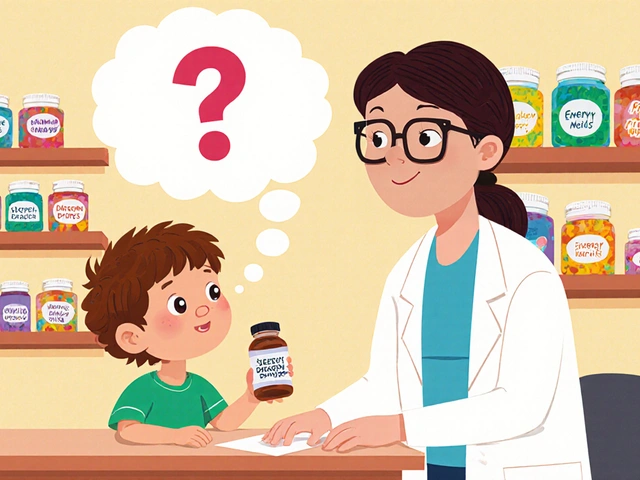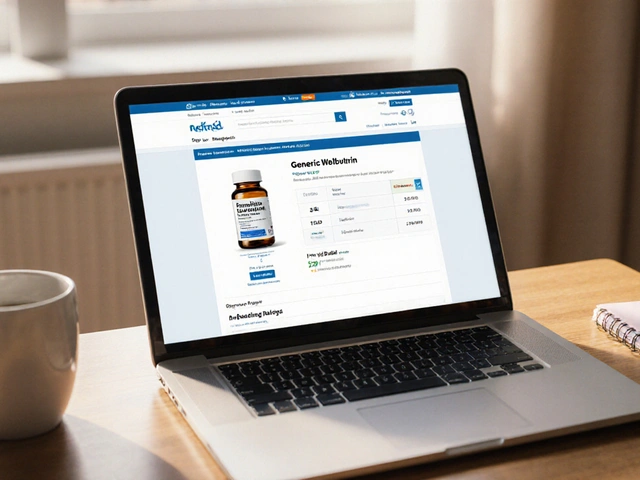Self-Heal: Simple, Safe Steps You Can Use Today
Want to feel better without overcomplicating things? Self-healing is about small, sensible actions: the right food, safe home remedies, and smart choices about medicines. This page collects practical tips and short guides so you can act fast, avoid common mistakes, and know when to call a doctor.
Everyday fixes that actually help
If you have heartburn, try small changes first — slower meals, less coffee, and an over-the-counter antacid. For mild fluid puffiness, caffeine or dandelion tea can help a little, but they aren’t a replacement for prescription water pills like Lasix; check our review comparing OTC diuretics vs Lasix before trying substitutes. For digestive trouble, foods that soothe inflammation and slow fermentation—plain yogurt, cooked carrots, and low-fiber white rice during flare-ups—often work better than random advice online.
Herbs are popular, but treat them like medicine. Bitter herbs such as gentian or wormwood can aid digestion in low doses, while tansy and some extracts may cause side effects if misused. If you’re drawn to supplements like black walnut or other botanicals, pick a reputable brand and read labels for allergens and interactions with prescription drugs.
Smart medication moves
Buying meds online? Verify the pharmacy, look for clear contact info, and never skip a doctor’s prescription when required. Our guides on buying Quibron-T, Levlen, and Esomeprazole online explain what to check: legit credentials, real customer policies, and secure payment. If a drug causes problems—like simvastatin causing muscle pain—there are real alternatives such as ezetimibe or PCSK9 inhibitors. We break down options so you can have a focused conversation with your prescriber.
Antibiotics and antivirals need special care. Don’t reuse leftover antibiotics for a new illness. If you’re wondering about alternatives to Amoxil or Valtrex, read the pros and cons for each option before switching. For chronic conditions like IBD, mesalamine has helped many patients, but diet, stress management, and follow-up tests matter just as much.
Practical checks before you self-treat: 1) Ask if the problem is new or worsening. 2) Check interactions with any current meds. 3) Use one change at a time so you know what works. 4) Set a short timeframe—if no improvement in 48–72 hours for minor issues, seek care.
Want targeted reading? We have articles on birth control choices, fertility clinic selection, and safe options for nausea or erectile dysfunction. Pick what fits your concern, use the checklists there, and don’t hesitate to get professional care when you’re unsure. Self-heal is about safe, sensible steps that help today and keep you out of trouble tomorrow.




